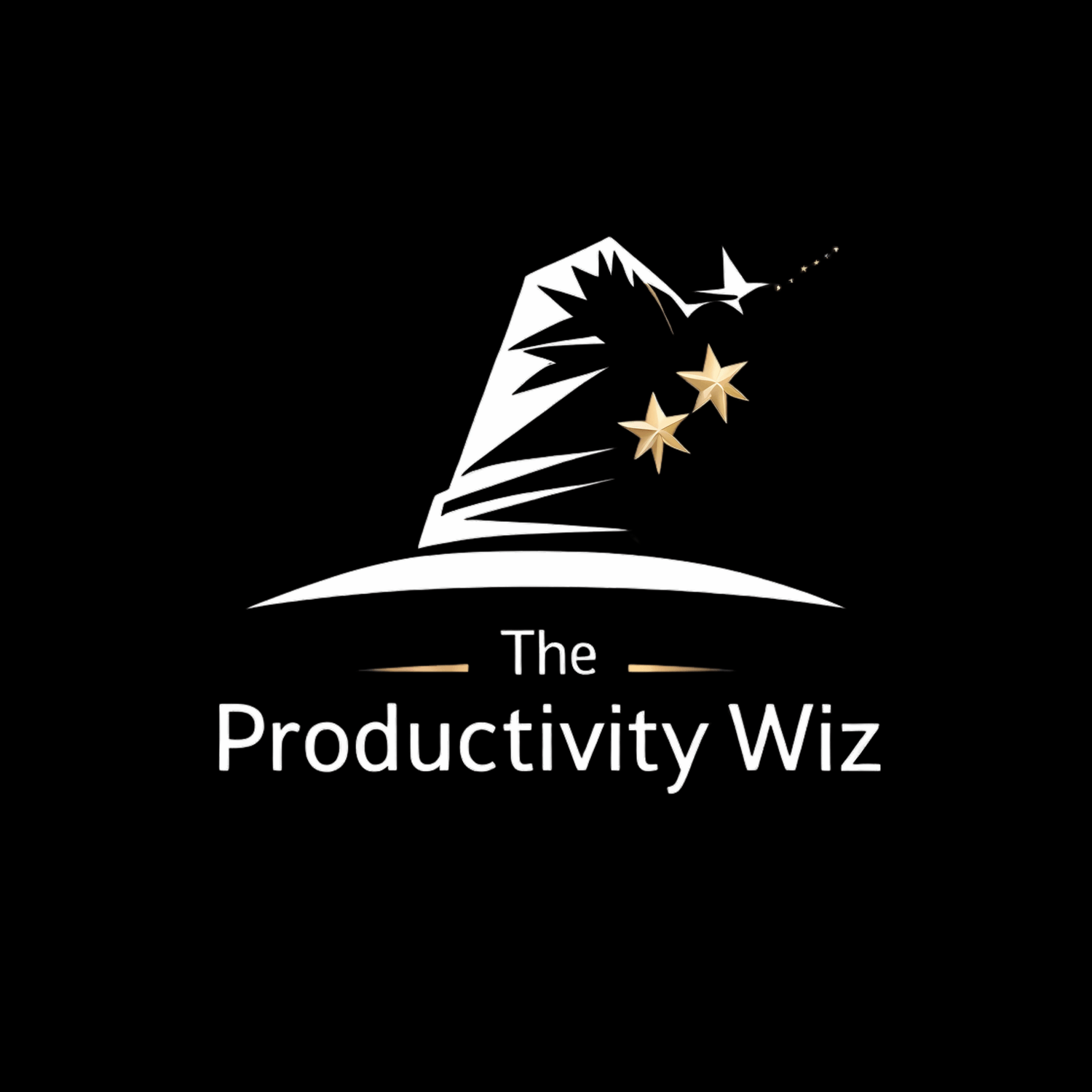The 2-Minute Destruction Rule: Stop Drowning in Quick Tasks and Start Leading Your Business
Every entrepreneur knows the feeling.
You sit down with the best intentions: today is the day you’ll finally finish that client proposal, redesign your homepage, or map out the next quarter’s strategy. Then it happens:
A notification pops up.
A small request comes in.
An “urgent” email asks for a reply.
A two-minute task begs to be done “real quick.”
And suddenly, it’s 4 PM. The big things: the things that truly move your business forward: are still untouched.
Here’s the truth: quick tasks are never quick when they multiply. They stack, distract, and quietly hijack the very hours you thought you’d use to grow.
That’s why I created The 2-Minute Destruction Rule.
It’s a mindset and a method designed for solopreneurs and business owners who want to stop playing whack-a-mole with their to-do list. Instead of asking, “Can I finish this in 2 minutes?” the rule asks:
“Can I destroy this in 2 minutes?”
Destroy = Delete, Automate, or Delegate.
Before you take on any task; even if it looks small; you run it through the destruction filter. If it can’t be destroyed, then and only then does it deserve your energy.
This is more than a productivity trick.
It’s a shift in philosophy: true progress isn’t about squeezing in more tasks, it’s about eliminating the ones that never deserved your time in the first place.
The Hidden Cost of “Quick Wins”
Quick tasks look innocent. They feel like progress. But here’s why they’re dangerous:
Context Switching: Every time you stop working on a meaningful project to answer a notification, you burn cognitive fuel. Research shows it can take 15–25 minutes to regain deep focus.
Dopamine Illusion: Checking a box feels good. But those “wins” rarely add up to actual business growth.
Energy Drain: Even tiny decisions chip away at your mental bandwidth. By 2 PM, you’re exhausted without knowing why.
Opportunity Cost: Time spent on “quick tasks” is time not spent on vision, strategy, creation, or revenue-building.
Imagine losing just 1 hour per day to scattered quick wins. That’s 5 hours a week. Over a year, it’s 240 hours = 6 full workweeks gone.
The bottom line: Quick wins don’t scale. They sink.
The Philosophy of Destruction
The 2-Minute Destruction Rule is built on a simple but radical truth:
Not every task deserves to exist.
We live in a culture that glorifies being busy. But productivity isn’t about being busy: it’s about being intentional. The destruction rule asks you to pause before reacting and ask:
Does this task matter?
Does it need me?
Could a system or someone else handle this better?
If the answer isn’t a clear yes, the task gets destroyed. Not someday. Right now.
This shift is powerful because it trains your brain to prioritize subtraction, not addition.
Delete First
The boldest, hardest, and most freeing option: delete it.
Not every email deserves a reply. Not every message needs acknowledgment. Not every idea deserves execution.
Here’s how to practice deletion:
Audit Your Notifications: Turn off alerts you never act on.
Stop Gratitude Replies: A simple “Thanks!” is nice, but it’s also a time sink. Silence can be a gift.
Kill Dead Projects: If a task’s been sitting untouched for months, it’s already irrelevant.
Notion Application:
Create a Destruction Board with four columns: Delete | Automate | Delegate | Do.
Every new task gets captured here first.
Start each week by dragging as many cards as possible into Delete.
By making deletion visible, you retrain yourself to realize: not everything deserves a place on your plate.
Automate the Repeatables
If a task comes back more than twice, it’s not a task; it’s a system waiting to happen.
Automation is your second line of destruction. It’s about turning repeating chores into one-time setups.
Examples:
Instead of sending invoices manually → set up recurring invoices.
Instead of rewriting the same email reply → create canned responses.
Instead of scheduling every meeting → use a booking link.
Notion Application:
In your Business OS, tag recurring tasks.
Link them to automation SOPs (Zapier, templates, calendar rules).
Example: A “Send Proposal” task links to a prebuilt proposal template. One click, zero friction.
The goal: turn your 2-minute chores into 0-minute non-events.
Delegate the Manual
Here’s the trap: “It only takes 2 minutes, so I’ll just do it myself.”
Yes, once it’s 2 minutes. But when it happens 50 times, you’ve burned hours you’ll never get back.
Delegation isn’t about laziness. It’s about leverage. Every task you hand off buys back time for the things only you can do.
Examples:
Inbox management → VA filters, drafts, or replies.
Graphic resizing → junior designer handles all variants.
Data entry → admin keeps your CRM updated.
Notion Application:
Build a Delegation Dashboard.
Every delegated task gets tagged, assigned, and tracked.
Use rollups to see progress at a glance without micromanaging.
Delegation + Notion = clarity + accountability.
Case Study – The Hidden Hour
Let’s break it down.
Say you:
Reply to 10 “quick” emails a day (20 minutes).
Confirm 5 calendar invites a week (10 minutes).
Approve 15 micro-decisions from your team (30 minutes).
That’s 1 hour a day gone.
Now imagine applying the 2-Minute Destruction Rule:
Delete 30% of those emails.
Automate calendar confirmations with a scheduling tool.
Delegate approvals to a trusted team member.
Result: You reclaim 40+ minutes a day. That’s over 3 hours a week; time you can redirect into strategy, marketing, or simply resting without guilt.
The Weekly Destruction Session
Here’s how to make the rule stick: schedule a weekly destruction session.
Block 30 minutes every Friday.
Open your Notion Destruction Board.
Review all tasks captured that week.
Delete aggressively.
Automate anything repetitive.
Delegate what doesn’t need your hands.
Leave only what truly moves the needle.
Over time, this ritual trains your brain to stop collecting noise and start filtering everything through destruction first.
The Emotional Side of Destruction
Destruction isn’t just about time: it’s about freedom.
Deleting relieves pressure. You realize you don’t owe the world 24/7 responses.
Automating removes decision fatigue. The system handles it; you conserve willpower.
Delegating lightens your mental load. You’re no longer the bottleneck.
This isn’t just business efficiency. It’s peace of mind.
Action Plan
Here’s your 5-step starter kit:
Create a Destruction Board in Notion.
For one week, capture every small task.
Do your first Destruction Session on Friday.
Delete at least 30% of your tasks.
Use automation or delegation on another 30%.
By week two, you’ll already feel the difference. By week eight, you’ll wonder how you ever worked without it.
Conclusion: Subtract to Scale
The 2-Minute Destruction Rule isn’t about speed. It’s about subtraction.
As entrepreneurs, our instinct is to do more, try harder, push faster. But growth rarely comes from doing more: it comes from clearing the path so the right things can shine.
Delete what doesn’t matter. Automate what repeats. Delegate what doesn’t need you.
And watch your business breathe again.
Click Here Now To Download Your Free One-Page Planner
Ready to scale your business with clarity?
Click Here Now to Explore my Notion Planner Store

Hey There…
You are tired of juggling too many tools, missing deadlines, and working harder without seeing results, you’re not broken.
You just need a system that works for you.
I’d love to help you build it.
Subscribe Below 💛
— Maggie
Founder, The Productivity Wiz
Download Your Free One-Page Business Planner for Notion
Created with © systeme.io




